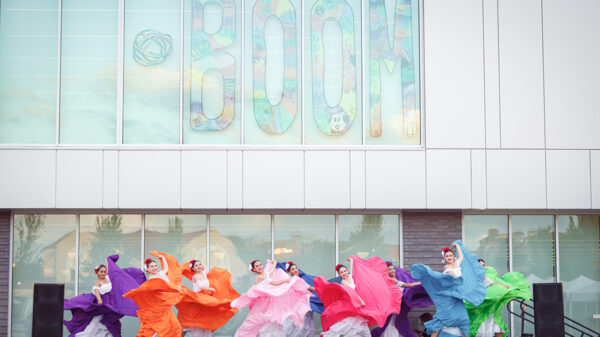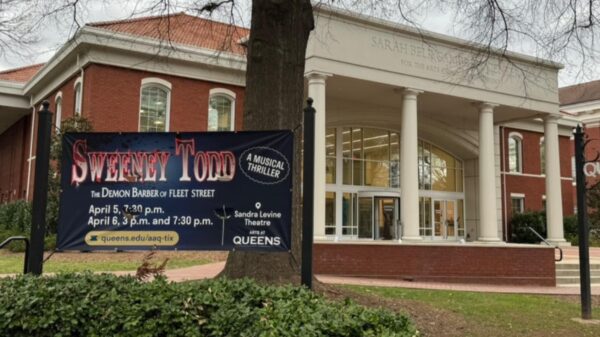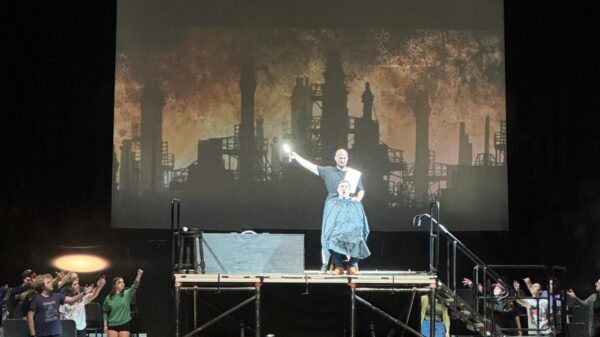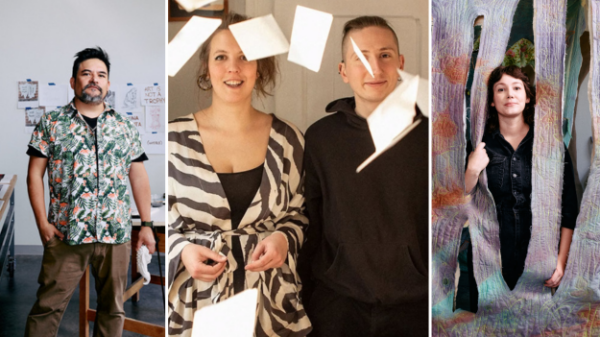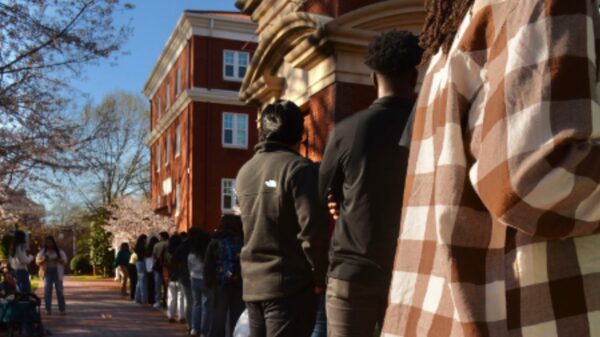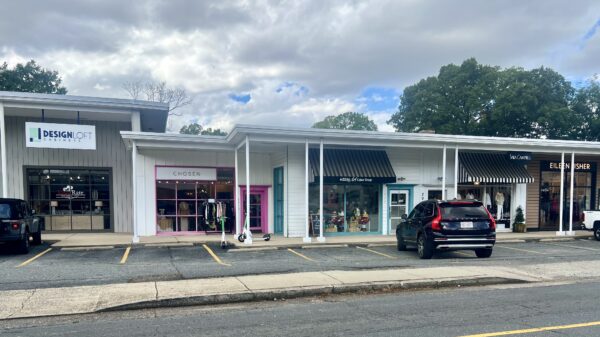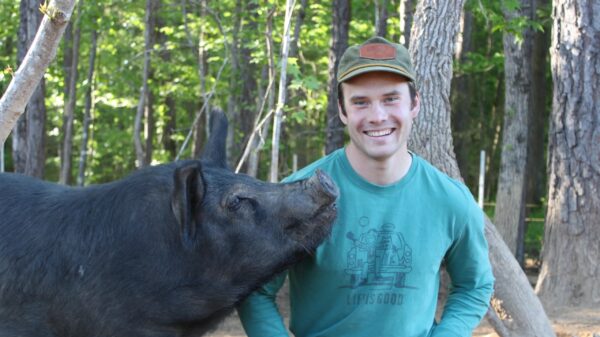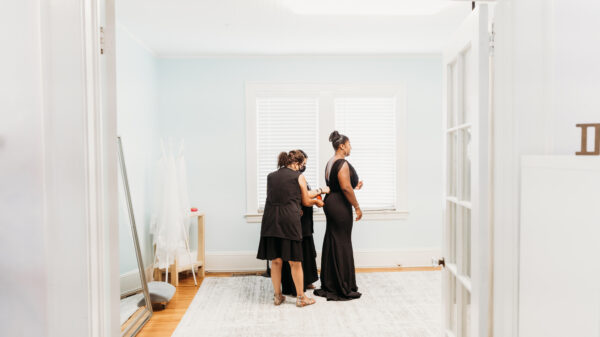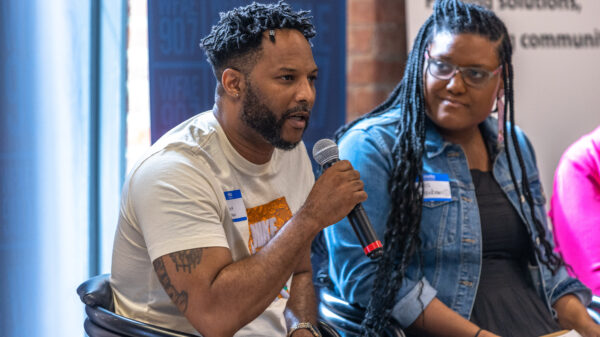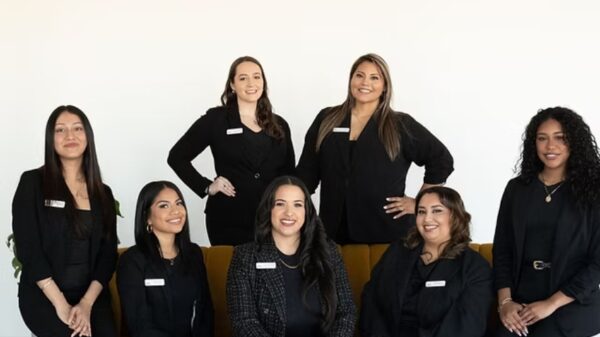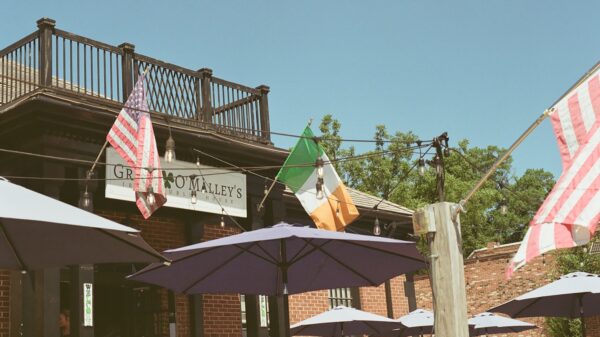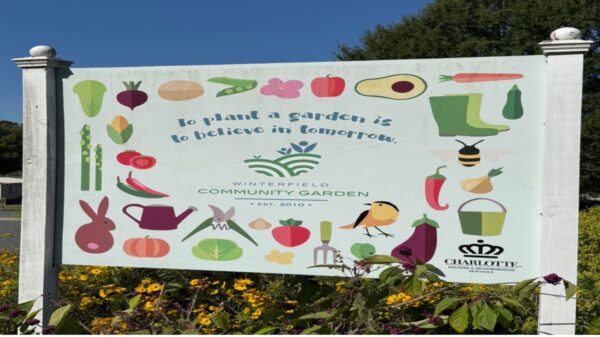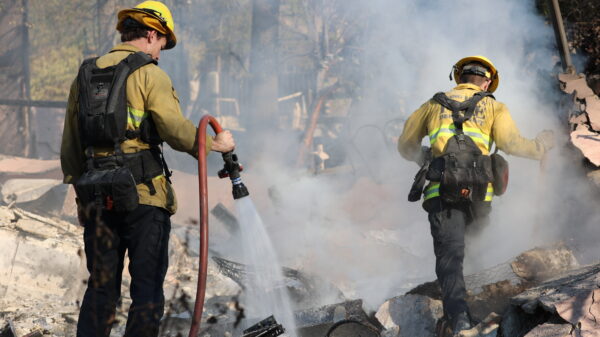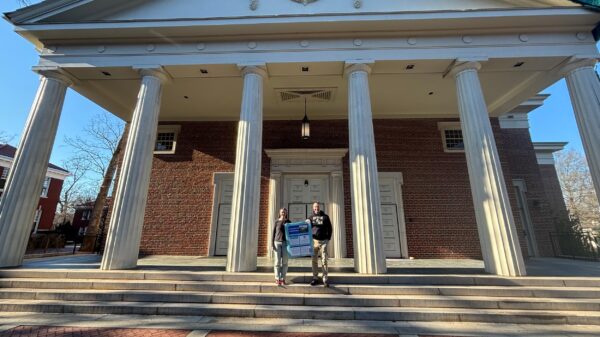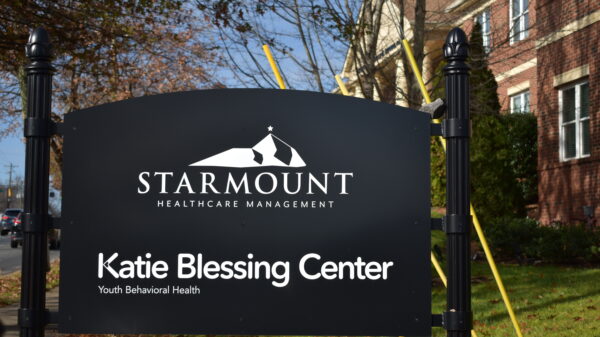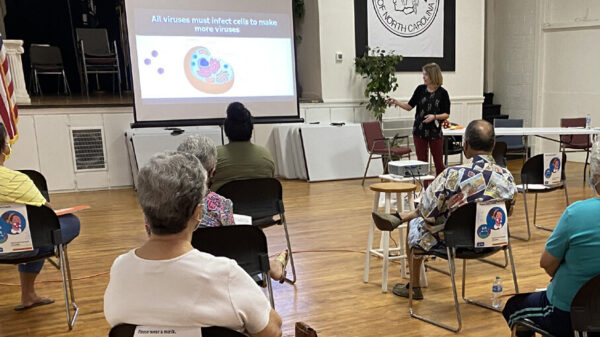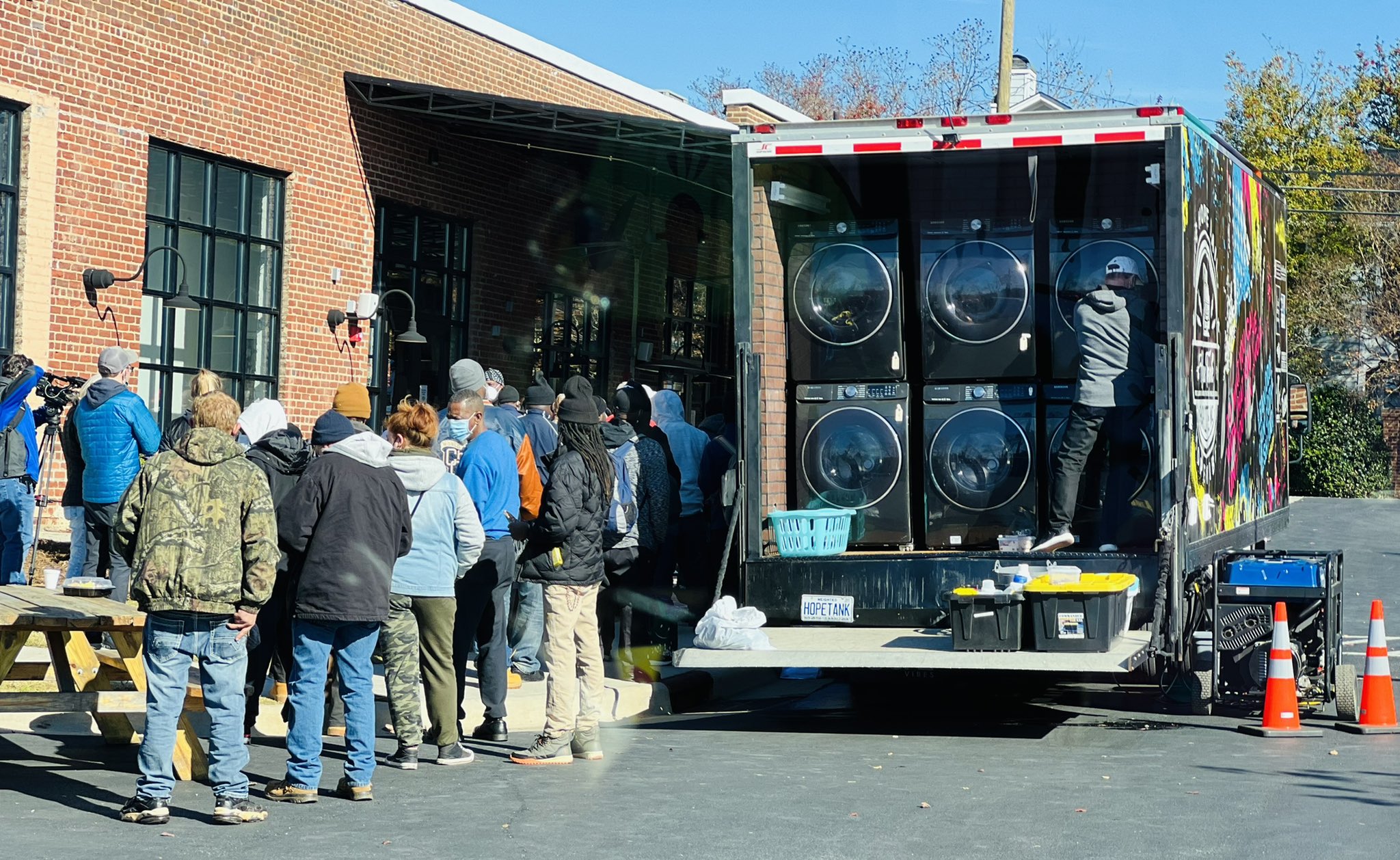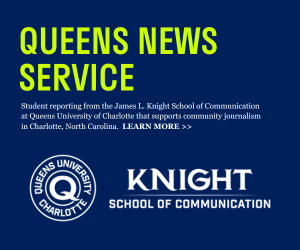A few small Charlotte nonprofits have found ways to thrive while navigating their way through national headwinds created by COVID-19.
An October 2021 report by the Urban Institute found that 37% of nonprofits throughout the United States reported fewer donations in 2020 than in the five preceding years. The research organization also found that small nonprofits fared worse than larger ones.
But a strategist with a Charlotte firm focused on strengthening social impact for both nonprofit and for-profit organizations suggested three reasons why some new nonprofits are actually growing. Trends in social justice, increases in voluntary resignations by employees, and the lingering impact of COVID-19 created favorable conditions for some small nonprofits, said Janet Ervin, a strategist with Next Stage Consulting. Particularly if they fill gaps in local needs.
Small nonprofits are loosely defined as nonprofits with revenues under $250,000, which make up the majority of U.S. nonprofit organizations. Ervin pointed to three small Charlotte nonprofits doing effective, high-quality work: Brave Step, which helps adults find quality trauma and mental health care after sexual abuse; Foster Village Charlotte, which supports foster families in Mecklenburg County; and Hope Vibes, which provides mobile showers, laundry and hygiene services for homeless people.
Most nonprofits are responsible for their own marketing, operations, programming, and fundraising, Ervin said. “They are responsible for everything, but most of the time they only have expertise in one area,” she said. So what makes these nonprofits so strong?
“A lot of them have really strong brands and good communities,” Ervin said, and their missions are tightly defined, connected to the community, and based on unfilled needs.
Brave Step provides Choices for Trauma Survivors
Brave Step started in 2014 after a survivor of sexual abuse decided to create another way for survivors of assault and abuse could work through their trauma.
Other Charlotte organizations help survivors with this process, said founder Crystal Emerick, but the idea of choice sets Brave Step apart. The organization gives survivors the power to choose what type of care they want. One option is clinical care, including counseling and group therapy. The other is programming, which includes peer support and developmental programs that help survivors find their voice.

Photo from Brave Step
Additionally, Brave Step shows loved ones how to cope with this trauma and support the survivor. Brave Step does not lock survivors into a multi-step program with fixed start and stop dates, Emerick said. “There’s no exit point with us,” she said. “We have multiple survivors who have been with us for years, and we’re seven years old as of Sunday.”
The approach appears to be working. Contributions and grants for Brave Step increased from $85,000 in 2019 to $183,000 in 2020, according to federal Form 990 documents filed by nonprofits.
Foster Village Charlotte Supports Parents
When Becky Santoro left teaching and became a foster parent for two young children, she learned that there was no support in Charlotte for foster parents. Answering simple questions, finding advice, and identifying reliable resources was difficult. Part of the problem was information privacy requirements for foster children, Santoro explained, and a systematic support was not in place. She first turned to online groups of foster mothers, but realized that online discussions were not enough.
Santoro looked for solutions in other areas and discovered Foster Village in Austin, Texas. After speaking with the co-founder, she obtained permission to establish its first affiliate in Charlotte, in summer 2018.

Photo from Foster Village
Foster Village Charlotte helps foster parents build a community to support and learn from one another. It also provides help for caregivers supporting children through their transition. The organization provides welcome packages to help children settle into a new home, including a week’s worth of items. The organization opened a resource center in December 2019 that provides a place for caregivers and families to support one another in a home setting.
Beyond financial support, staffing is a key challenge for Foster Village. Because 100% of the organization’s budget comes from donations, they don’t know whether they’ll be able to consistently pay for workers. Form 990 documents indicate Foster Village received $186,000 in contributions and grants for the year ending in December 2019.
Launched in 2017, Hope Vibes Now Partners with National Corporations
Hope Vibes provides an example of an emerging nonprofit that takes a new approach to relationships with for-profit corporations, Ervin said. These relationships used to be transactional, she said. For example, a company gave money, and the nonprofit put a logo on a T-shirt. But social protest, the pandemic, and the great resignation made corporations look for partnerships that actually make a difference.

Photo from Hope Vibes
Ervin explained that Adrienne and Emmanuel Threatt started Hope Vibes in 2017 by distributing hygiene kits for homeless people. The Threatts began sharing a vision of a mobile shower and laundry center in 2018, then raised funds for nearly two years before launching the “Hope Tank” truck in 2020. Hope Vibes now attracts national attention, partnerships, and contributions from corporations and foundations, including Lending Tree, Bank of America, Starbucks, Foundation for the Carolinas, the African American Community Foundation and the Z. Smith Reynolds Foundation.
After a successful start in Charlotte, Hope Vibes now plans to expand to the Triad area in January 2022, with a Hope Tank mobile shower and laundry truck in Winston-Salem. The Triad program will be led by another husband-and-wife team, John and Migdalia Basilio.
“Generationally, Gen Z [born between 1997 and 2012] especially wants authentic community-driven partnerships,” Ervin said. “Consumers want to know that the companies that they buy from, or work for, are doing the right thing for the community.”
-
Kiarra Murrill of Charlotte, North Carolina, is a 2023 graduate of the James L. Knight School of Communication at Queens University. An athlete on the cheer squad, Kiarra also served as an intern with the news service in fall 2023.
View all posts

